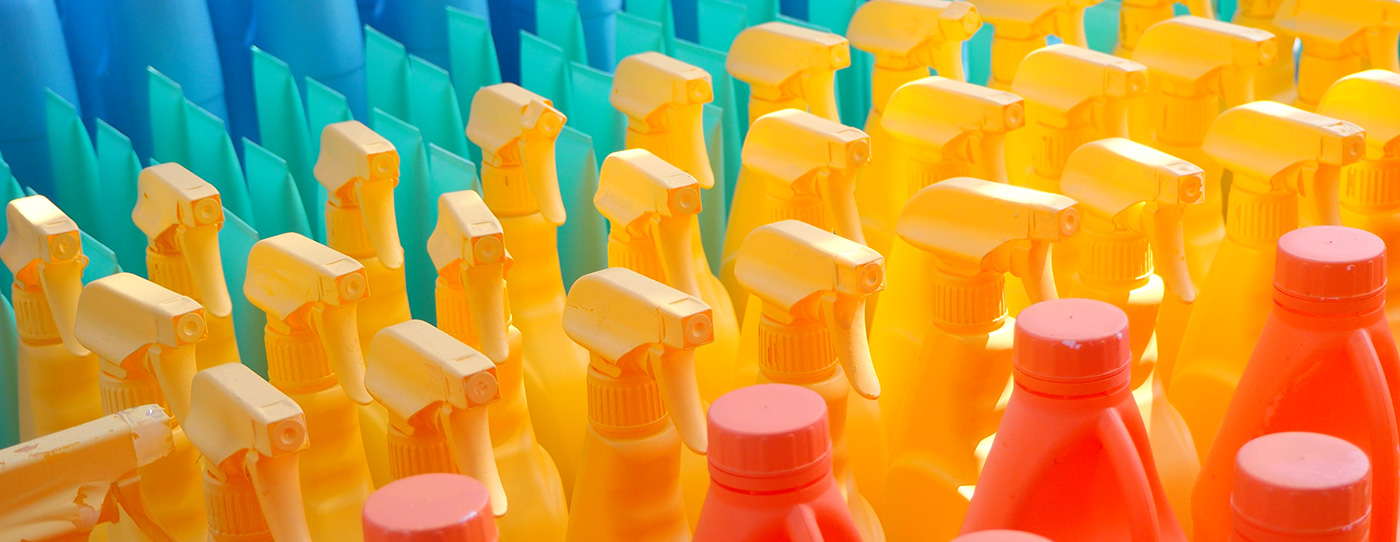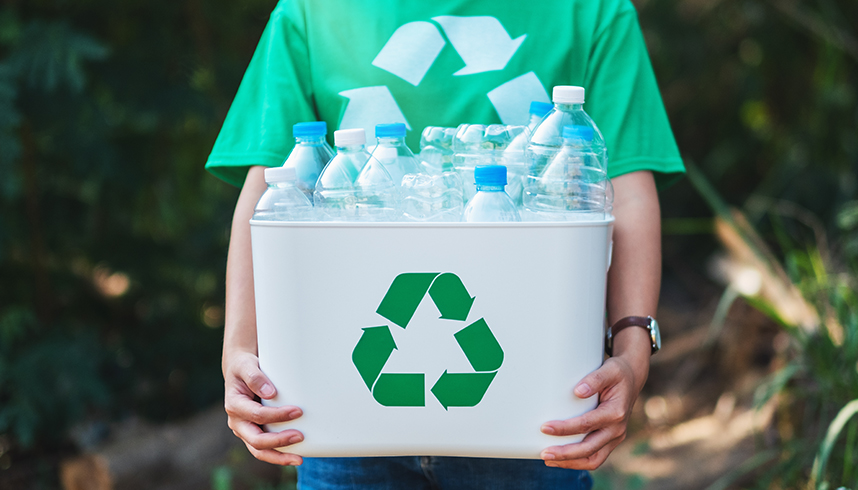
Flexible, Lightweight, Easy to Process: How Are Plastics Produced?
Plastics are versatile materials that we use frequently in our daily lives and that make our lives easier. Bottles, cups, clothing, furniture, cars, packaging... It is possible to find plastics in almost every product. But why have plastics become so ubiquitous in our lives? How are they made, what raw materials are used and what processes are involved? Find out everything you need to know about plastics here!
How are plastics made?
Plastics are used in many branches of industry because they are flexible, light and easy to process. They also offer effective solutions in various fields thanks to their waterproof, insulating and recyclable properties. Therefore, their widespread presence in our lives is quite natural. But how are the plastics we use almost every day made? Let's take a look together at the production steps of plastics:
Selection of the raw material
The production process for plastics generally begins with raw materials such as crude oil or natural gas. Through special refining processes, these raw materials are converted into the basic petrochemicals such as naphtha, ethane, LPG, propane and fuel.

Production of monomers
The raw materials obtained are converted into monomers using special chemical processes. Ethylene, propylene, styrene and others become the basic building blocks of plastics in this phase. The quality of the plastic is determined by the monomers produced here.
Polymerization
The monomers are joined together by a chemical reaction called polymerization. During this reaction, the monomer molecules are converted into long, chain-like polymer molecules. Polymers form the basic structure of plastics.
Addition of additives
At this stage, various additives are introduced to improve the properties of the produced polymers and tailor them for specific applications. Depending on the intended use and purpose of the manufactured plastic, colorants, stabilizers, plasticizers and fillers can be used.
Shaping processes
Desired shapes are given to the plastic mixture, usually through methods like extrusion or injection molding. Extrusion involves shaping the liquid plastic mixture by passing it through a mold. On the other hand, injection molding involves injecting the liquid plastic mixture into a mold to create the product.
Cooling and cutting
After the shaping stage, the plastic product is cooled to achieve the desired hardness, typically done using water or air. Subsequently, the product undergoes cutting. Through precise equipment and special machines, the plastic product is cut into the desired dimensions, ready for use. Cooling and cutting stages determine the quality and final form of the plastic products.
Finalization
The finalization process is a crucial step in the plastic industry that prepares the manufactured products for end-use. Shaped and cooled plastic products are organized according to their design, brought up to quality standards, and introduced into various sectors for consumption.
Why is it important to recycle plastic waste?
It is crucial to recycle plastic, which is omnipresent in our lives, even as you read this text. Unrecycled plastic waste can take hundreds or even thousands of years to decompose naturally, leading to various problems:
Excessive use of natural resources
Raw materials necessary for plastic production, such as crude oil and natural gas, exist in limited quantities in atüre. However, when plastic waste is not recycled, there’s a constant need for new raw materials for production.
Disrupting the environmental cycle
The accumulation of plastic waste in the environment can disrupt the environmental cycle. This disruption can adversely affect ecosystems and biodiversity, causing destruction in the habitats of living beings. Unrecycled plastics left as waste can endanger natural life by accumulating in oceans.
Consciously choosing plastic products according to their intended use can reduce waste formation. Additionally, segregating waste and developing recycling habits contribute to making plastic reusable.
At SOCAR Türkiye, we are aware of our responsibilities to society and the environment. We continue our efforts to minimize our naturally occurring environmental impacts resulting from our operations. In this context, we have initiated a project in collaboration with SOCAR Türkiye Research and Innovation Center and METU to chemically recycle plastic waste. The project aims to convert plastic waste into useful and high-value-added raw materials for the petrochemical industry using a developed catalyst. Thus, while alleviating the adverse effects of plastic pollution, we believe this will also contribute to the development of a circular economy. Furthermore, at Petkim, we are continuing our efforts to use 50% recycled granules in packaging production. This aims to reduce excessive raw material usage and preserve the environmental cycle. We work today for a better tomorrow with the energy of today.